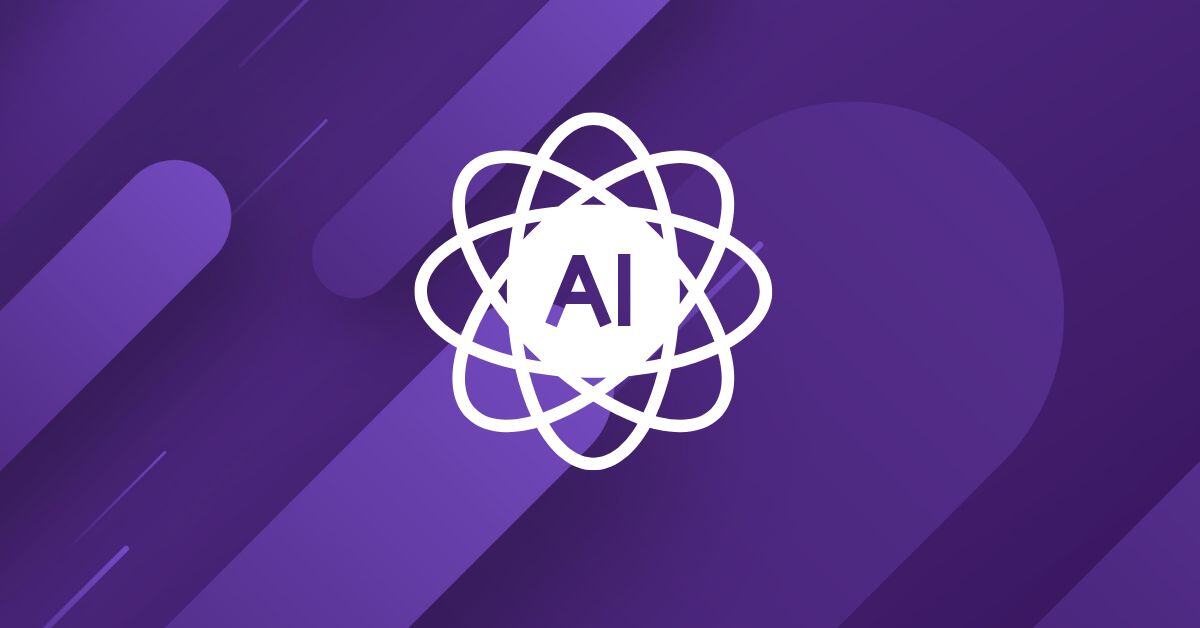
As revealed in our comprehensive Market Research Trends 2025 report, Artificial Intelligence (AI) has become an inescapable force shaping the future of insights. In the past year, AI dominated discussions, whether it was at market research conferences like Quirk's or industry reports from organizations like ESOMAR and Insights Association.
But how much of this excitement translates into actual adoption and practical use of AI market research tools? To answer this question, we conducted a detailed study using our conversational survey platform, gathering quant, qual and video feedback from nearly 120 researchers.
While AI has gained significant traction, it hasn't yet become an indispensable tool.
Here's what we discovered about the state of AI in market research.
Despite the constant buzz around AI market research tools, our findings reveal a more nuanced picture of adoption.
Only 36.2% of researchers use AI daily, with an additional 35.3% utilizing it weekly. This suggests that while AI has gained significant traction, it hasn't yet become an indispensable tool for many professionals in the field.

Current AI applications in research remain relatively straightforward. Using our platform's AI Summarizer tool, we identified the primary use cases for AI today:
Industry leaders are already envisioning more sophisticated applications of AI. Mike Stevens, Founder of Insight Platforms, anticipates the rise of "voice-enabled conversational AI." Meanwhile, experts like Karine Pepin from The Research Heads and Henry Piney from MX8Labs are focusing on AI's potential in quantitative data analysis.
A crucial market research trend emerging from our study is the importance of keeping humans in the loop. While AI market research tools can process vast amounts of data and identify patterns, human creativity and intuition remain essential for interpreting results and generating actionable insights. The most successful organizations are those that find the right balance between AI capabilities and human expertise.
Jonathan Dore, EVP and Founding Partner at Reach3, identifies a significant opportunity in what he calls the "front-end and middle stages of project execution." Meanwhile, Sofia Gomez Garcia from Warner Bros. Discovery is excited for AI's potential to enhance storytelling techniques.
"I’ve been hearing a lot about insights teams using AI to put together bite-sized video and audio clips that summarize learnings, to share with stakeholders," Sofia told me via email. "Switching to more digestible deliverables helps free up time for more strategic thinking.”
At Rival, we're actively exploring new possibilities in AI market research tools through our innovation department, Rival Labs. A key part of our approach is collaborating with companies like OURA and Sekisui House to develop new AI-powered research features that enhance, rather than replace, human capabilities.
When it comes to choosing research partners, AI capabilities play a nuanced role, with almost 50% of researchers saying it's a consideration but not critical.

The hesitation stems from various factors. Some cite industry-specific constraints or security concerns, with one participant noting that "everything is locked down in the bank." Others question AI's current utility and cost-effectiveness, with one researcher stating, "I have not seen a compelling business case for it. Additionally, some of the software used a little pricey and still have some bugs."
But there are other important considerations too. As Comcast's Michael Wehrman said, "The industry also will need to reckon with the economic and environmental impact of the machinery required for AI to function—the resources needed to build and maintain the machinery as well as the energy needed to supply it as well. AI may yet shift paradigms, but open discussion about tradeoffs as well as upsides is where we need to focus."
AI being under the microscope is symptomatic of what's going on in the broader consumer landscape. A 2024 study by Reach3 Insights found that AI-related fears have quadrupled in just one year. This mirrors a larger trend reported by RollingStone, where some brands are pushing back against Big Tech's aggressive AI initiatives.
Our Market Research Trends 2025 report revealed distinct preferences among AI tools:
The low enthusiasm for synthetic data is particularly noteworthy, especially given how much buzz it's getting in our industry. In a recent article, for example, columnust Mark Ritson at MarketingWeek said "AI customers can now deliver a 95% match to real survey results."
As Graeme Ford, MRX Innovation Consultant at PunkMRX, explains, "These AI-generated profiles go beyond averages and stereotypes, simulating real behaviours, preferences, and decision-making processes. They offer a powerful way to uncover deep insights without risking customer relationships or privacy."
The insights industry stands at a crucial juncture with AI. While enthusiasm is high, practical implementation lags behind the hype. Success in 2025 and beyond will depend on addressing key challenges:
For top market research companies, the path forward involves close collaboration with customers to develop AI features that deliver meaningful business impact. As we move forward, the focus should shift from AI as a buzzword to AI as a practical tool that enhances human capabilities rather than replaces them.
Want to learn more about these and other market research trends? Download our complete Market Research Trends 2025 report for detailed insights and analysis of the evolving research landscape.
We'd love to hear your thoughts on the future of AI in research. How does your organization balance human expertise with AI capabilities?

No Comments Yet
Let us know what you think